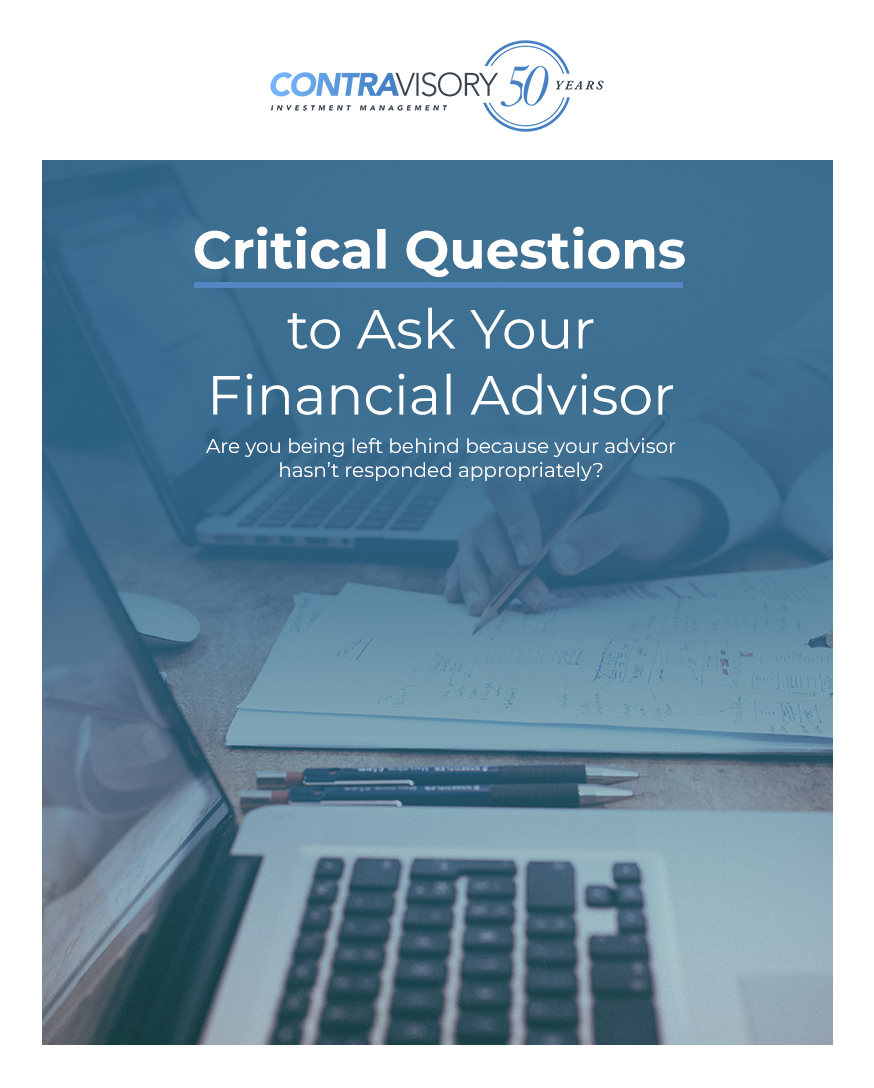
Mansions result from great partnerships. It was a lesson I first learned as a 12-year-old caddy. I would always ask the person I caddied for what he did for a living. To me, he was rich, and I also wanted to grow up and be rich. However, my father had inculcated me in the belief, that if I wanted to succeed, it would be solely up to me. His father had been killed in World War I, and his mother moved from Canada to Boston. He was placed in an orphanage while his three sisters stayed in a convent in Nova Scotia. His mother went to work as a housekeeper. It was “The Age of Industrialization.”
The need for partnerships wasn’t fully realized by me until years later when a business trip brought me to Long Island where I came to understand it. As a young man, I had been enthralled by the 19th century Horatio Alger’s stories. Inevitably, the hero was a teenage boy who saved a young girl from danger and later becomes rich as an entrepreneur. It was “The American Dream.” My father had grown up with these books. Later, my attention shifted to a book about the industrial titans called The Robber Barons. It was a history of men such as Andrew Carnegie, J.P. Morgan and, of course, John D. Rockefeller. These men, and many others, had created “The Age of Industrialization.”
While these industrialists were not the first entrepreneurs, they had the most impact on society until the current 21st century’s technology “Robber Barons.” How rich the industrialists had been really had no reality for me until I stayed at “The Mansion” in Glen Cove, Long Island. It’s now a hotel. The man who had built “The Mansion” in 1910 was the son of Charles Pratt. Pratt’s partner, Henry Rodgers, had teamed up with John D. Rockefeller in the creation of Standard Oil. I didn’t know that until I saw Pratt’s portrait on a wall. Nor did I know the future Exxon … was created by these three men. However, then as now, one man became the public face.
Suddenly, I realized Rockefeller hadn’t done it on his own. Yet in my mind, his name was linked alone with Standard Oil of New Jersey much as Bill Gates with Microsoft or Steve Jobs with Apple. Sam Walton had his brother as his partner in Walmart. Fortunately – when I was in my early 30’s – I was hired by Lehman Brothers which, at the time, was still a merchant bank. That experience gave me an awareness of the power of the partnership concept. It “hit” me one day in having lunch with Charlie Lazarus and Norman Rifkin in Quincy Market. They were childhood friends who founded Toys R Us.
As I think back on my own experience, the role of a partner – or partnership – is twofold. First, an individual partner must bring something to the partnership that the other partner, or partners, do not. Secondly, there’s the element of trust … even if that trust is motivated by self-interest. This was never more evident than in the debt crisis of 2008-2009. Major investment firms such as Bear Sterns and Lehman Brothers collapsed into bankruptcy. A much larger firm – Brown Brothers Harriman – did not. It’s still a partnership, which means individual partners are responsible for all gains … and losses.
A partnership is strongest when partners have different skills but a common cause. It is a philosophy that drives consulting groups. I experienced it as a caddy when I asked one member what he did for a living. “I’m in the grocery business,” he replied in a self-deprecating way. The man was an Armenian immigrant who did his best to help every other Armenian (a cultural partnership) and later the entire city of Boston. At the time, he owned the largest supermarket chain in New England, Star market. Stephen Mugar was the most generous man I’ve known, and yes, he did have a mansion. A large one.
Request Your Free Guide
Ensure your advisor is responding properly to changing market conditions.



